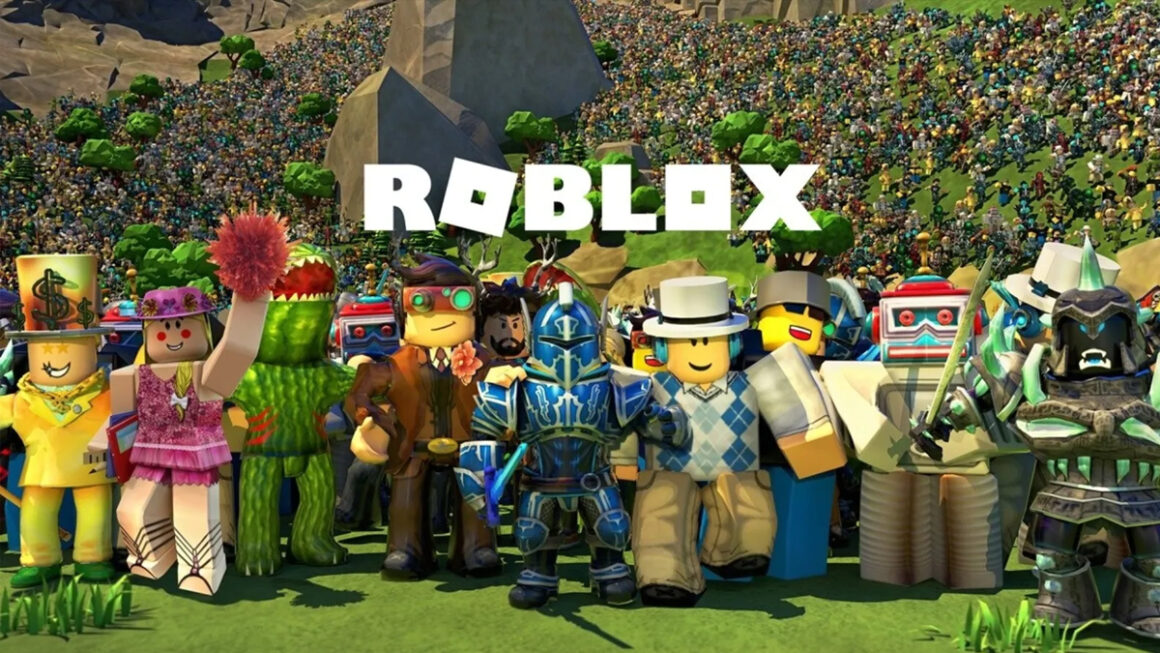Roblox, the leading online gaming platform, recently announced a new category of wearable virtual objects that third-party producers can sell in limited quantities. Roblox users can resell Limiteds at any price, with the original developer earning 10%.
That’s how NFTs work, too. Limited-edition virtual assets that profit from scarcity and support their creators as they are traded? Even while royalties enforcement has diminished in recent months, NFTs promise this.
Roblox to create healthy marketplace
Roblox Limiteds cannot leave Roblox, which distinguishes them from NFTs.
Not all Roblox Limiteds are blockchains. Like other things released in endless quantities in the enormous gaming ecosystem, they exist and die within Roblox’s internal gameplay. Roblox-issued virtual assets are only accessible in Roblox games.
Roblox Limiteds are equivalent to avatar cosmetics in Roblox and Fortnite, but Roblox’s adoption of a more dynamic, NFT-like economic environment where artists and users may utilize scarcity and speculation marks a turning point for the enormously popular site. Roblox had 67,3 million DAUs in February.
“Adding scarcity to our marketplace is a key element of creating healthy marketplace dynamics that benefit creators, buyers, and sellers alike,” Roblox announced.
When launching a limited item or collection, Roblox forces producers to contribute a portion of their funds to prevent them from flooding the marketplace.
How does Roblox Limited’s profit-sharing model work?
Roblox creators must pay an advance fee based on the asset kind and quantity sold. After the item sells, the maker gets this advance payment back.
Roblox’s Limiteds profit-sharing model is less liberal than NFT markets due to its Web2 exclusivity.
As with other Roblox virtual items, producers will receive 30% and sellers 40% of any initial Roblox Limited sale. Robux, the platform’s non-cryptographic virtual money, is utilized for all avatar store purchases. 400 Robux costs $4.99.
The Roblox avatar store does not show a history of ownership chain for virtual things sold since Roblox Limiteds are not blockchain-backed. However, it tracks item prices.
Roblox Limited’s innovation suggests that its leadership is closely monitoring the fast-growing economy of NFT-backed virtual assets used in metaverse games like Decentraland and The Sandbox.
However, the developers of these games have long distinguished between “walled garden” online ecosystems like Roblox and Fortnite and the open, interoperable virtual worlds they are trying to bring to the masses, in which virtual goods can flow freely between platforms thanks to the blockchain.
Roblox is not the only Web2 company to use NFT traits like digital scarcity without the blockchain.
DSTLRY, a new digital comics platform, is selling limited-run digital comics on its marketplace, with a portion of each transaction going to the author. These comics are not on the blockchain and cannot leave DSTLRY’s site.
The post Roblox adds rare, resellable digital items,but not using NFTs appeared first on NFT News Pro.
